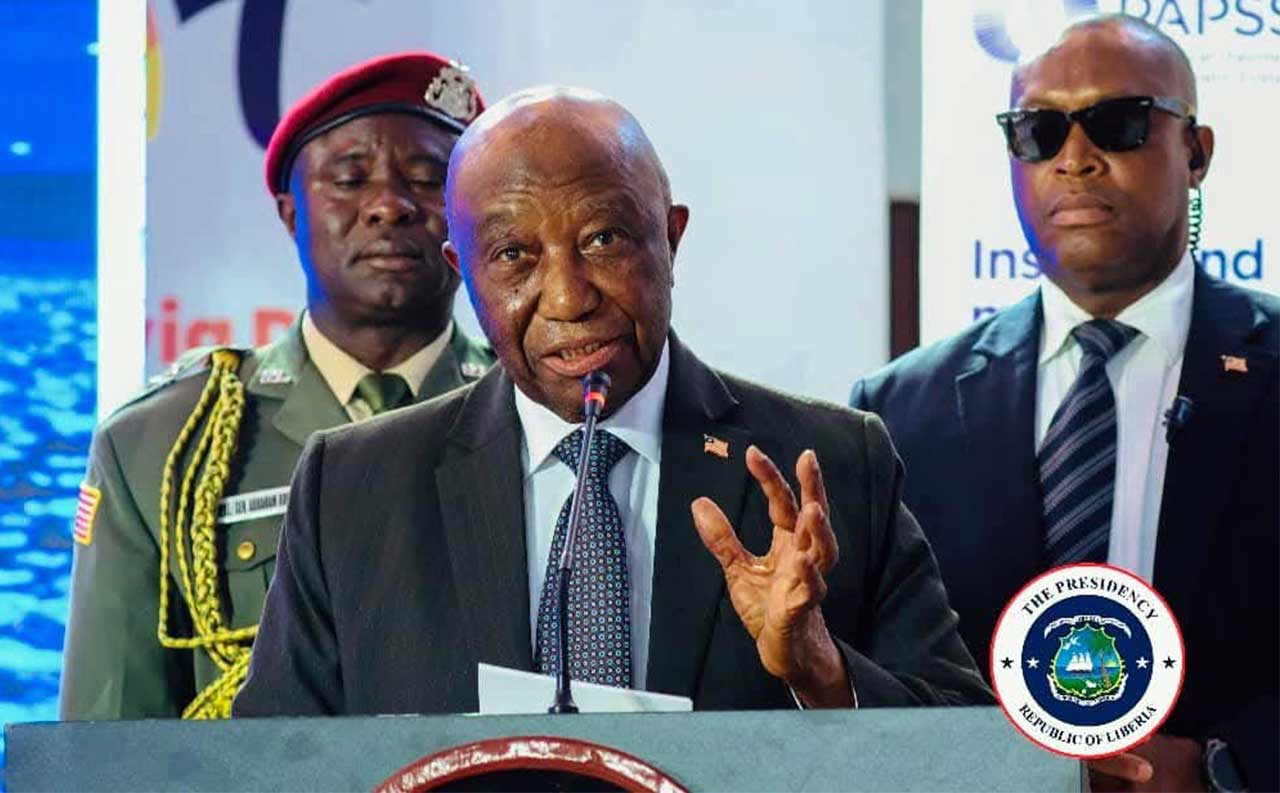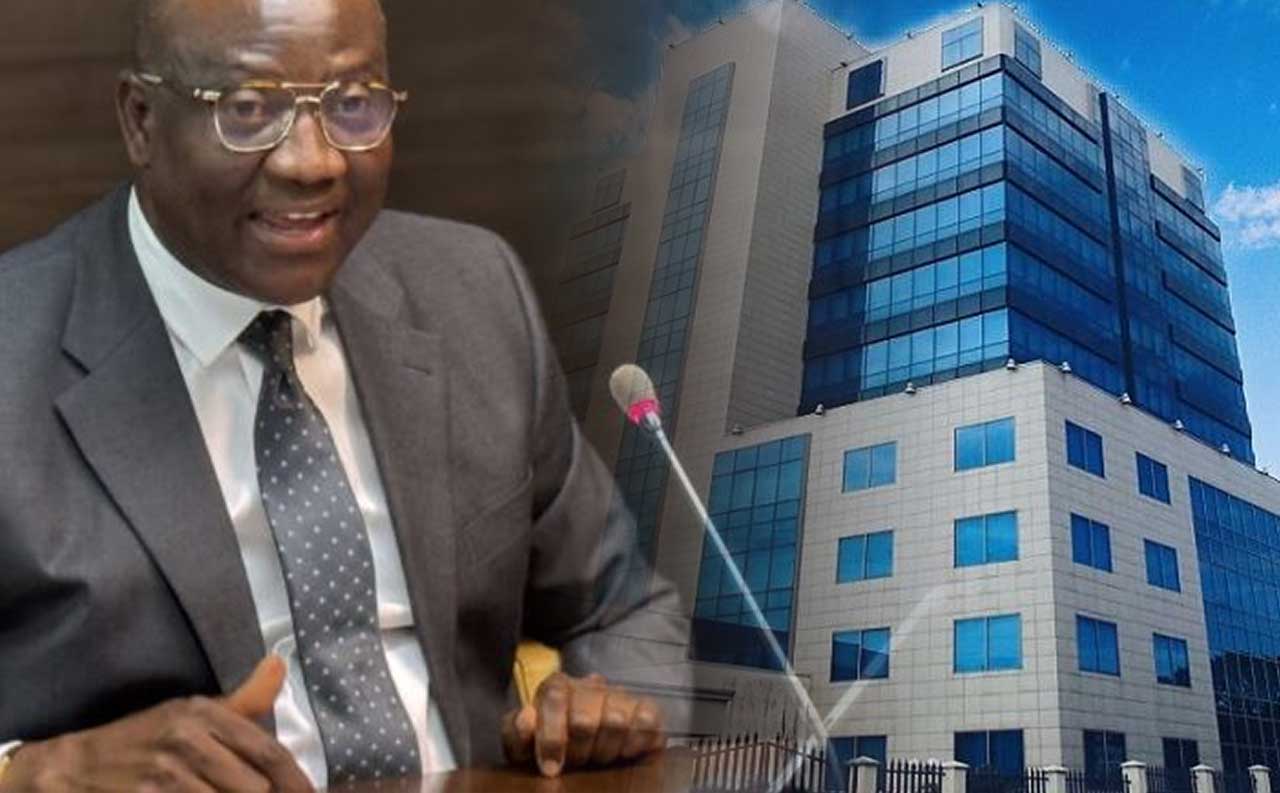President Joseph Boakai has spoken of a vision to integrate Liberia’s Foreign Policy in the government’s ARREST Agenda as diplomatic strategy to guide the country’s engagement with the global community. Speaking Friday, May 2, 2025 at the re-launch of the Ambassadorial Lecture and Seminar Series at the Gabriel L. Dennis Foreign Service Institute, President Boakai recommended a policy-driven lecture that called for innovation, competence, and purpose in Liberia’s diplomatic approach.
According to him, Liberia’s foreign missions must shift from ceremonial outposts to engines of economic and political influence. Boakai, who spoke under the theme, “The ARREST Agenda and Liberia’s Foreign Policy Initiatives”, stated that Liberia must strategically position itself in a rapidly changing world by aligning diplomacy with national development priorities.
The Liberian leader explained that Liberia’s Foreign Service must be staffed with competent, well-trained professionals who can identify and seize global opportunities in trade, tourism, education, and technology.
He also encouraged Foreign Service students to rise to the challenge of representing Liberia with discipline, innovation, and strategic foresight; adding, “Our diplomats must be more than messengers; they must be economic architects.”
President Boakai called for the repositioning of Liberia’s diplomatic missions to support trade development, reduce barriers to regional commerce, and drive economic integration through targeted export strategies.
He stressed that agriculture, infrastructure, and education are national priorities that must be pursued abroad through investment diplomacy and strategic partnerships. He said his administration is working to make Liberia food-secure by engaging with advanced farming nations for knowledge and technology transfer.
Speaking on economic diplomacy, Boakai emphasized the importance of shifting focus from aid dependency to investment attraction and making Liberia a destination for credible investors by creating a friendly investment climate and strengthening public-private partnership frameworks.
He also emphasized the role of diplomacy in infrastructure development, particularly in regional transport corridors and maritime trade. “We cannot build a prosperous Liberia without connecting to the sub-region,” Boakai said, urging collaboration through ECOWAS and the Mano River Union.
For her part, Minister of Foreign Affairs Sara Beysolow Nyanti called for a transformative shift in the country’s diplomatic approach, emphasizing culture, identity, and gender inclusion as integral elements of Liberia’s foreign policy.
She criticized outdated norms that often dominate diplomatic circles, such as the expectation of wearing dark or neutral clothing. “Cultural diplomacy means that I wear my clothes,” she declared, urging that Liberia’s unique identity should be celebrated rather than suppressed in global spaces.
Minister Nyanti stressed the significance of cultural and heritage diplomacy in asserting Liberia’s place on the world stage. “These are critical to define who we are in the state of the world so that they respect who we are, they respect our culture, and we respect theirs,” she explained.
Minister Nyanti acknowledged the fluidity of identity in the modern era, noting that people no longer need to justify or explain their backgrounds to contribute meaningfully to global affairs.
In a direct appeal to President Boakai, she urged for greater empowerment to help propel Liberia’s foreign policy forward. “Mr. President, will you give us the opportunity to lead? Our team has been producing your vision as a key architect of our foreign policy,” she said, reinforcing her team’s commitment to advancing Liberia’s international standing.
She emphasized that Liberia’s diplomatic vision must align with national priorities, underscoring that inclusion should not be a contest between genders but a way to ensure that all of Liberia’s population, especially women are fully represented.



